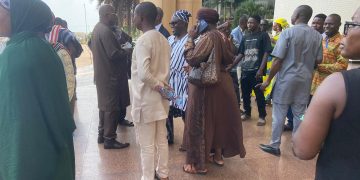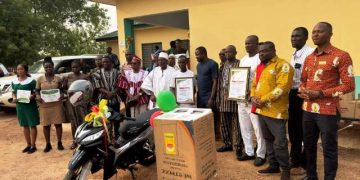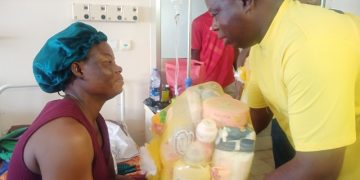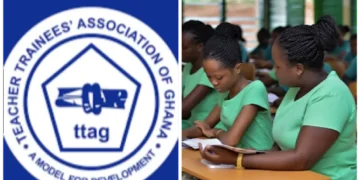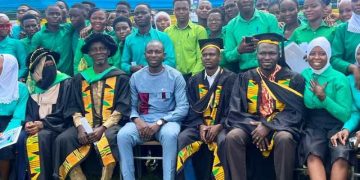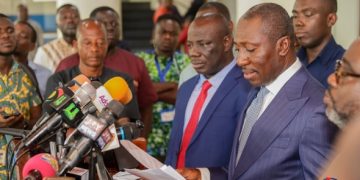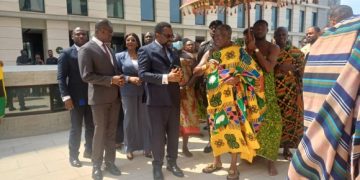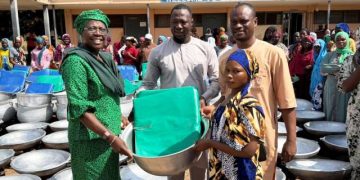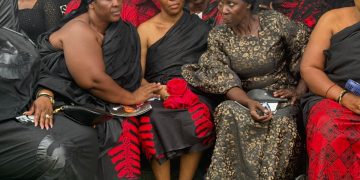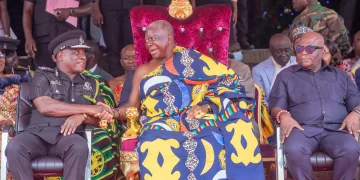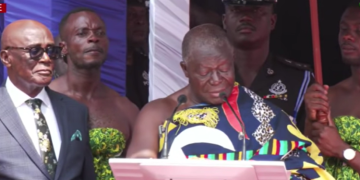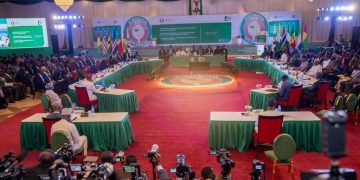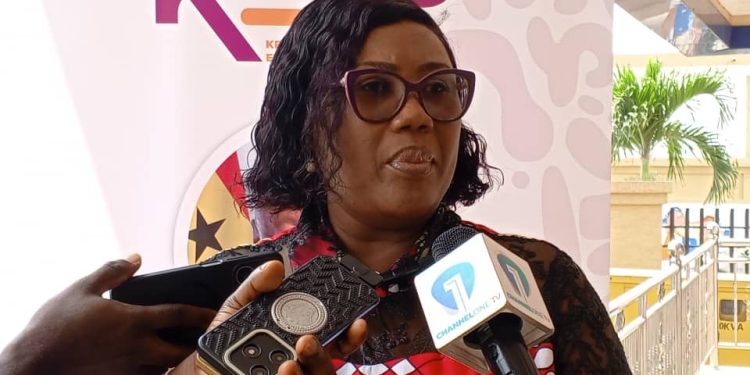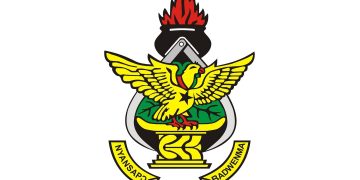Teachers have been advised to adopt differentiated methods of delivering instruction as students with learning difficulties continue to fall through the cracks.
The sensitive topic was widely discussed at the maiden KEEP 2025 conference organized by the Ashanti Regional Directorate of the Ghana Education Service and the International Community for Learning and Social Spectrums (ICLASS) in Kumasi.
The deliberations are seeking to build an inclusive educational system where all children thrive regardless of their abilities. Emmanuel Anyam has more.
The KEEP 2025 conference brought together stakeholders across the Ashanti Region to deliberate on ways to build a sustainable and inclusive educational environment where no child is left behind.
Participants drawn from all public schools together with administrative heads from the GHANA Education Service were taken through cutting edge strategies in identifying multiple intelligences of learners and using differentiated learning methods to build inclusive classrooms.
Education Psychologist Dr. Marian Babah Alargi expressed worry many students will continue to fall through the cracks if teachers fail to readjust pedagogy and instruction to harness the diverse strengths of students.
The educators were split in opinions about tech assisted learning and the interface between traditional learning methods and the advent of Artificial Intelligence.
Tech Entrepreneur Akwasi Boateng Ossei argues that though the unguided use of AI could produce less competent students, the technology provides safeguards that can be leveraged to enhance the classroom and learning experience.
Representing the Kumasi Metro Director of Education; the head of planning and statistics for the Ghana Education Service Judith Mensah Pamford expressed hope that participants will implement the resolutions of the conference, to improve learning outcomes.
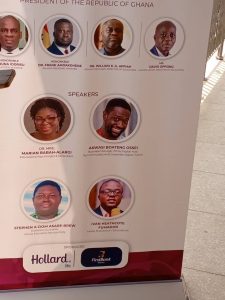
The Kumasi Metro Edition of the ICLASS KEEP 2025 conference held under the theme “building resilient safeguards, rebranding the Ghanaian Teacher through Multiple Intelligences”, is expected to be replicated in all 42 municipalities and districts in the Ashanti Region.



